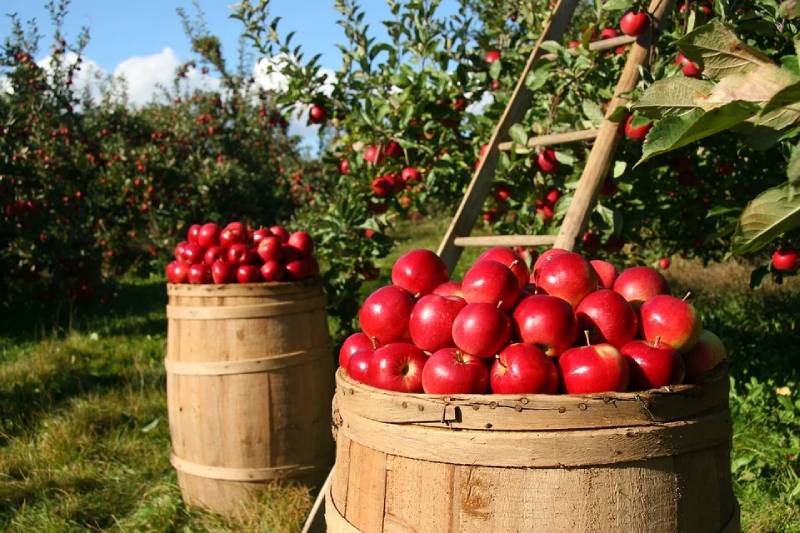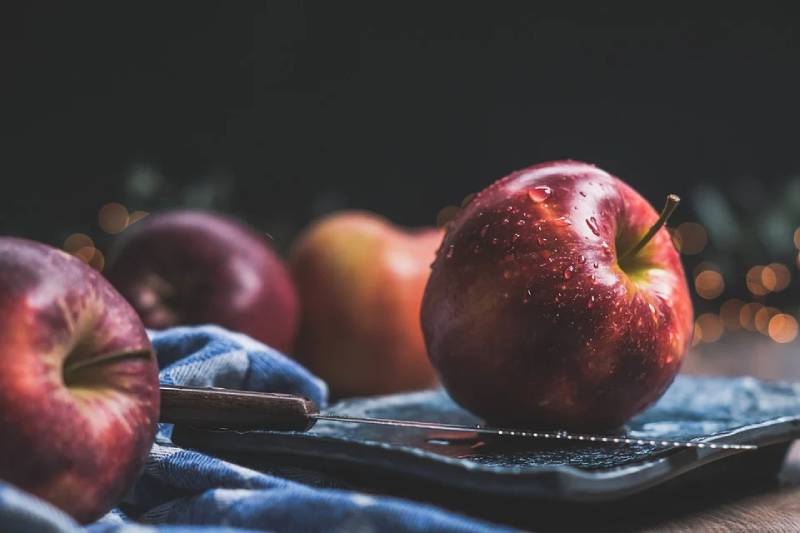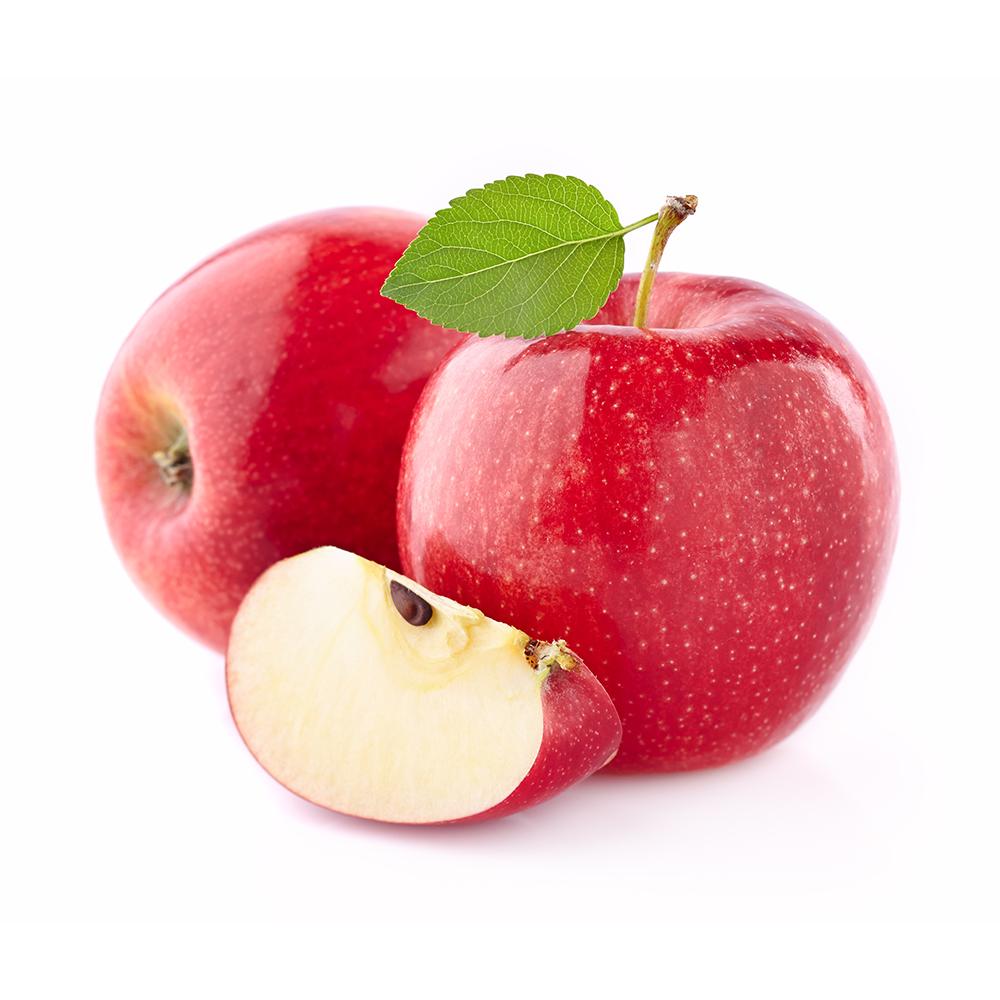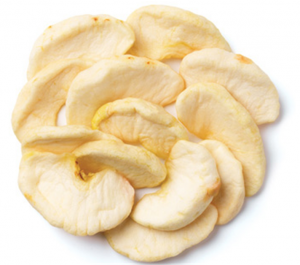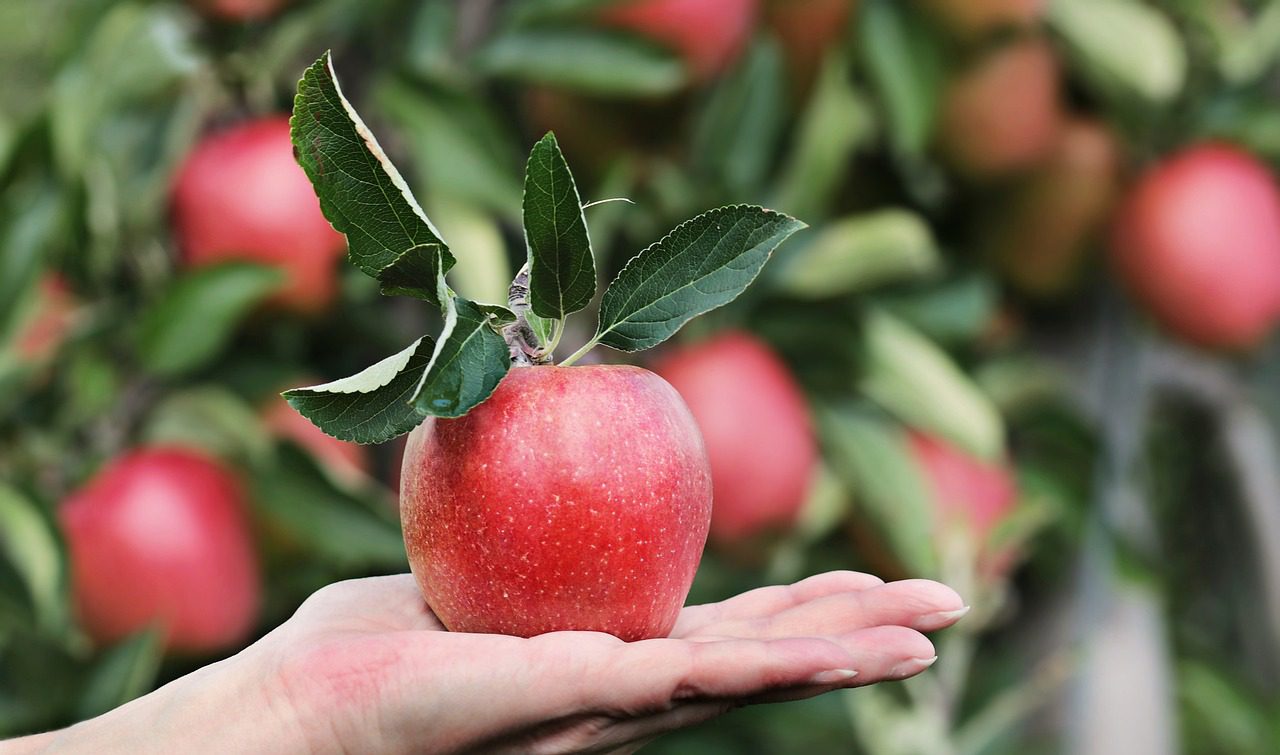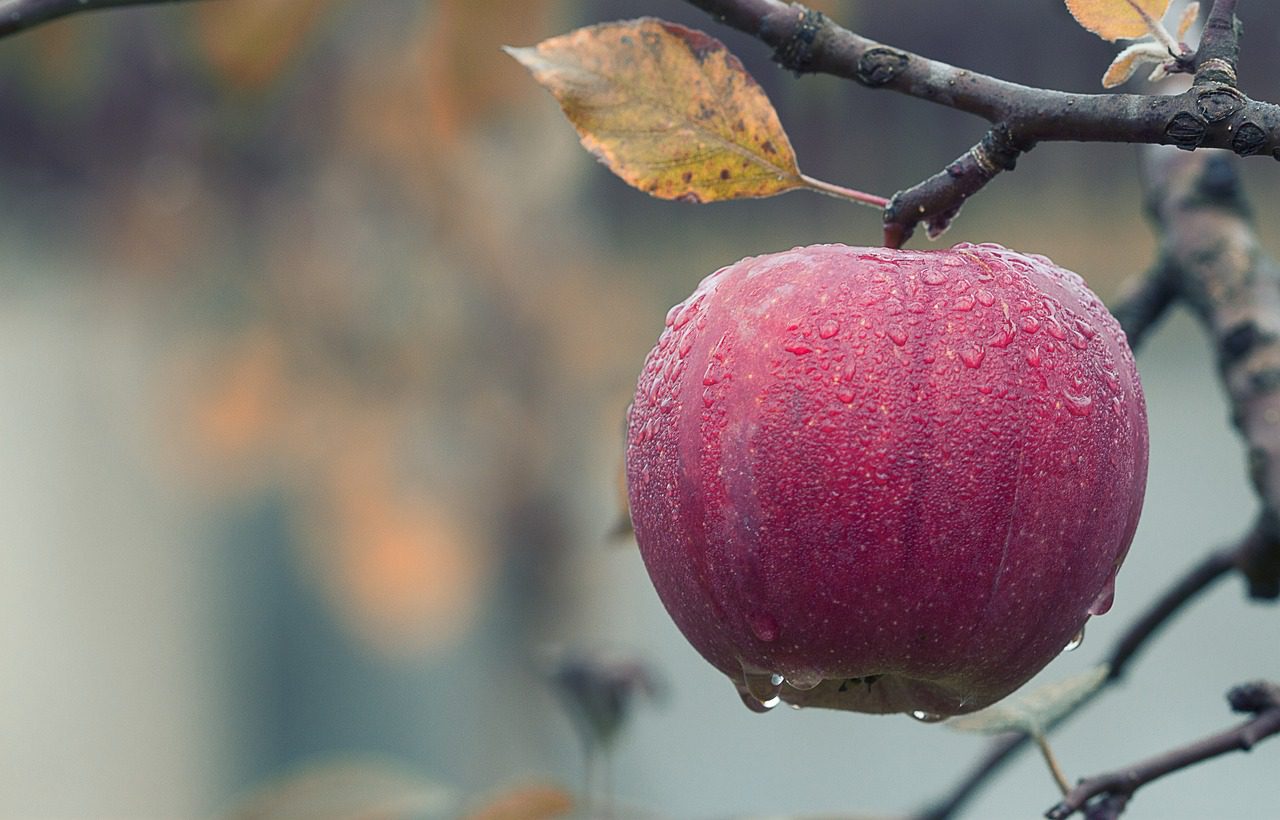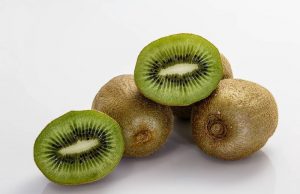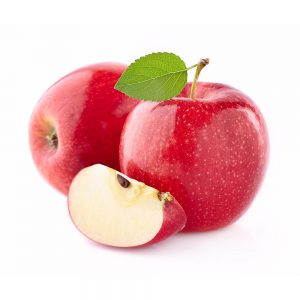Export Iranian Apple – Premium Quality for Global Markets
Global Apple Production and Iran’s Position
On a global scale, around 60 million tons of apples are produced and exported annually, with a market value of approximately $11 billion. In 2006–2007, global production reached 44,119,244 metric tons—a record at the time. Among the top producers, China held first place with 36% of the total output (25 million tons). The United States ranked second with 7% (4,460,544 tons), while Iran came in third.
Iran’s apples are renowned for their rich aroma and distinctive flavor. They are exported to numerous countries, serving both nutritional and commercial purposes. In addition, the apple industry in Iran plays a key role in rural employment and agricultural income. By 2005, Iran’s apple orchards covered 201,000 hectares, producing 2.66 million tons. West Azerbaijan province leads apple production in the country, with an impressive 277 trees per hectare. Thanks to fertile soil and favorable climate, this region produces premium varieties such as Red Delicious and Golden Delicious.we export iranian apple ,any differant types of apples with best quality
Regional Strengths and Production Capacity
West Azerbaijan holds 27.1% of Iran’s orchard area and accounts for 29.8% of national production. Urmia, a major city in the province, produces half of the region’s apple crop. According to the FAO, Iran ranked third in global production in 2006, behind China and the USA.
Iran exports apples to Iraq, Persian Gulf states, Turkey, Russia, and Ukraine. In 2011, exports reached 396,000 tons. However, a year later, volumes surged by 77%, with Iran shipping apples to 24 international markets worth $328 million. Moreover, top buyers included Iraq, Turkmenistan, and the UAE, followed by Afghanistan, Pakistan, India, and Egypt. Other destinations included Georgia, Saudi Arabia, Oman, Britain, and Malaysia.
Recent Export Records
Since March 21 of the current Iranian year, Iran has exported over 800,000 tons of apples—a new national record. Last year’s exports stood at about 600,000 tons. As a result, Iran has strengthened its trade reputation in regional and European markets. Major destinations include the Iraqi Kurdistan region, Pakistan, Turkey, and several European countries. Globally, Iran ranks ninth in apple production and export volume, and fourteenth in export value. Therefore, there is still room for growth in higher-value segments. The country produces 1.87% of the world’s apples and accounts for 4.05% of global exports.
Premium Red Delicious Apples
The best Iranian red apples come from mountainous regions such as Semirom, Damavand, Orumiyeh, Mianeh, and Maragheh. Their unique flavor is the result of organic cultivation methods and cold highland climates. For example, India is a major importer, purchasing more than 5,000 tons annually. Packaging varies by destination—India often prefers baskets with 2-row arrangements, while Russia favors red cartons. Meanwhile, other countries request custom packaging to suit their retail needs.
Apple Varieties in Iran
Iran grows numerous varieties, including:
Apple Rose (Isfahan, Torbat Heydariyeh, Shiraz, Kohan, Sahneh)
Apple Mashhad (Abbasi Mashhad, Narcissus Mashhad, Yellow Autumn Mashhad)
Ardebil Apple
Apple Ahar (Ahryashki, Ahar Summer Apple)
Tabriz Varieties (Sheikh Ahmad Tabriz, Tabriz Glass)
Maragheh Apple (Mashhad Nouri of Maragheh)
Red Rezaei, Shiraz English, Kashan Sugar Apple, and others
These varieties differ in shelf life, firmness, color, sweetness, and aroma, making them suitable for a wide range of markets. Furthermore, they can be tailored to meet specific import demands.
Market Opportunities
Pakistan, Russia, Afghanistan, and India remain steady buyers of Iranian apples. The Whartar Exports Company supplies these markets directly, ensuring timely delivery. In addition, Iran has the potential to expand into untapped markets in Asia and Europe. With proper marketing, Iran could increase its market share, especially in India, where demand for sweet yet slightly tart apples is strong.
Why Choose Iranian Apples
Rich flavor and aroma from organic farming in ideal climates
Variety of types to match different market preferences
Flexible packaging to meet destination requirements
Proven export experience with over 24 global markets
We are ready to supply premium Red Delicious and Golden Delicious apples year-round. Therefore, contact us today to arrange shipments to your country.

